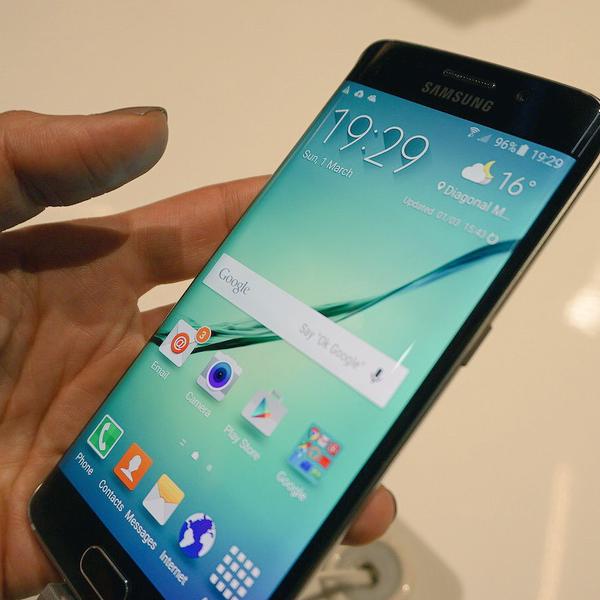From a remote-controlled robot camera to a sonar-enabled smartwatch to locate fish to reel in, smartphone makers are launching new devices and services in a bid to drive sales for their handsets and set themselves apart in a crowded field.
Waning global demand for smartphones, especially in key markets such as China, and margin-eroding, cut-throat competition are ratcheting the pressure on manufacturers to find ways to convince consumers to pay up for a little bit extra.
LG Electronics Inc, for example, launched modules for its G5 flagship phone, allowing users to add on accessories to provide better audio and pictures. It also unveiled a new virtual reality (VR) headset robot camera accessory that rolls around like a ball while capturing images and video.
“Simply improving what already exists won’t win acceptance from customers as unique,” LG mobile chief Juno Cho told reporters in Seoul ahead of the Mobile World Congress (MWC) trade show, which ended this week in Barcelona.
“At this point you have to create value through a completely different approach in order to attract interest.”
At the event, other phonemakers including Samsung Electronics Co Ltd, Sony Corp and ZTE also launched of devices to pair with their phones ranging from a 360-degree camera to an earpiece that whispers notifications to users.
“This is symptomatic of an industry that has realized that growth in smartphones has ground to a halt,” Richard Windsor, an independent analyst, said in a note.
Seeking boost
Weak global economic conditions are further clouding prospects for what is expected to be another tough year for the mobile industry. Researcher IHS tips the industry’s revenue to grow by just 1.1 percent this year to $373.1 billion, well below the an expected 6.3 percent shipment growth.
Against this backdrop, smartphone makers are trying to prop up sales and protect margins through accessories and features. In addition to virtual reality, firms such as Samsung, LG and Xiaomi Inc are pushing into mobile payments services to further differentiate their products.
“In order to protect margins, vendors must drive revenue around the box,” Canalys analyst Tim Coulling said, adding that new accessories and services could help convince customers to upgrade to devices to take full advantage of the new offerings.
Other analysts, though, were more skeptical, saying accessories such as VR headsets and the so-called internet of things remained niche products, unlikely to deliver near-term growth.
Most phonemakers also lack the software capabilities necessary to enable their various devices to work seamlessly with accessories, and offer a strong enough lure to consumers, analyst Windsor said.
“Growth is going to be very hard to come by this year,” he added. (BUSINESS DAILY)












Leave a comment